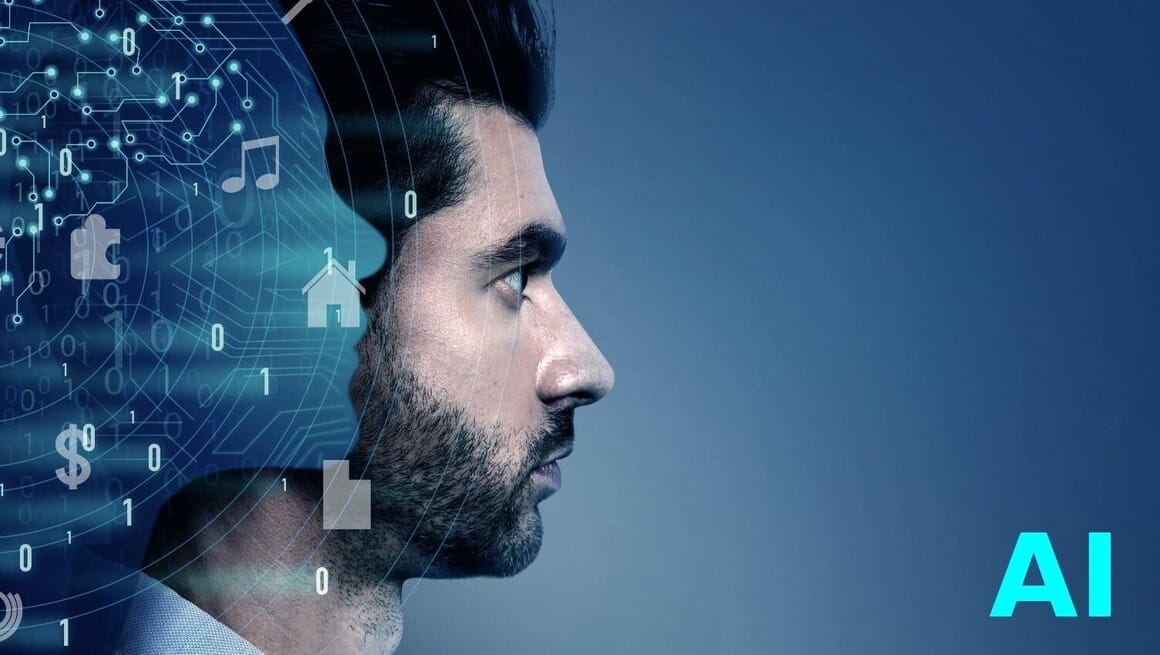AI is no longer just a tool for automation—it’s becoming a collaborator in the coding process. It’s redefining how developers write, review, and ship code. Here’s how you can stay ahead.
Introduction
The software development landscape is quietly undergoing a major shift. Developers are no longer working alone—they’re increasingly collaborating with intelligent systems that can understand intent, suggest improvements, write functional code, and even debug in real time.
Today, coding isn’t just about syntax and logic; it’s about effectively working alongside AI-powered tools that are transforming the way software is written, reviewed, and deployed. Whether you’re just getting started or already building real-world applications, understanding this new paradigm is essential.
In this article, we’ll explore how cutting-edge tools like Cursor, Cline, Windsurf, and agent-based AI systems are revolutionizing daily development workflows—and what steps you can take to thrive in this new AI-augmented era.
Writing Code is No Longer a Solo Act
Modern tools like Cursor are transforming the development experience. Unlike traditional editors, Cursor brings in an AI-powered assistant that understands your project context, suggests code, and even responds to queries about the codebase — all within the same window.
Another rising tool, Cline, simplifies your command-line interactions. Instead of remembering long flags or writing scripts from scratch, you describe your goal, and Cline figures out the rest.
These innovations don’t just save time—they eliminate repetitive, low-value tasks and free developers to focus on high-impact work like logic, architecture, and problem-solving.
Smarter Debugging and Testing
AI isn’t just useful during code creation. It’s becoming equally valuable in the debugging and testing stages. Take Windsurf, for instance — it adds an intelligent layer to your repository, letting you navigate, query, and understand code faster. Combine this with platforms like Codium AI or Mutable AI, and you have tools that can automatically generate test cases, suggest improvements, or refactor code safely.
Even more advanced tools are now integrating with CI/CD pipelines to run intelligent static analysis, flag risky changes, and suggest rollbacks before deployment.
These capabilities not only speed up debugging and test coverage—they also improve overall code reliability, maintainability, and developer confidence.
Enter Agentic AI — The Next Leap
A new category of tools known as Agentic AI is emerging. These aren’t just assistants — they act like proactive teammates.
Imagine an agent that monitors your logs and creates tickets automatically, or another that generates a boilerplate backend based on your API design. Systems like AutoDevin, OpenDevin, and task-driven agents built using LangChain or CrewAI are taking shape inside engineering teams today. Agentic AI is increasingly used to:
- Automate recurring workflows, such as code merges, CI failures, or dependency updates.
- Continuously analyze system health, application logs, and developer productivity metrics.
- Handle mundane tasks like creating changelogs, updating documentation, or tagging releases.
- Integrate deeply across tools like GitHub, Jira, Slack, and AWS for full-stack automation.
This shift from reactive to proactive tooling will define the next era of software engineering.
Your Role as a Developer Is Evolving
As AI tools handle more of the low-level work — from code generation to testing — developers will increasingly take on more strategic roles:
- Understanding product logic
- Designing scalable systems
- Making decisions on architecture
- Reviewing and improving AI-generated code
The shift is clear: the value of a developer now lies more in problem-solving and system design than in writing every line manually.
How to Prepare (Backed by the FinestCoder Approach)
Here’s a clear path forward to upskill for this AI-accelerated world:
Explore These Tools:
- Cursor for in-editor coding assistance
- Cline for command-line automation
- Windsurf for codebase intelligence
- LangChain, AutoGen, and CrewAI for building agent workflows
Strengthen These Areas:
- Strong fundamentals in DSA and clean coding
- Prompt engineering basics for AI tools
- Testing frameworks, Git workflows, and modern deployment practices
Build These Projects:
- AI-assisted full stack apps
- CLI tools that simplify developer tasks
- Automation agents for repetitive development workflows
Final Thoughts
AI is not here to replace developers — it’s here to change what developers do. Those who embrace the tools, build smart workflows, and continue learning will have a significant edge in the years ahead.
At FinestCoder, our mission is to help developers adapt, grow, and lead this transition. We’re not just teaching code — we’re preparing you for the future of development.







